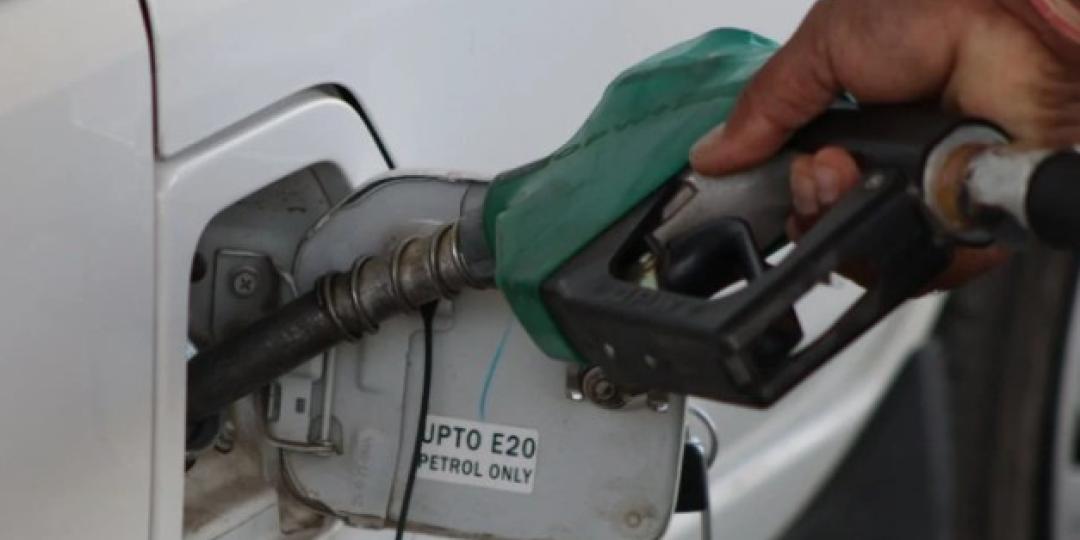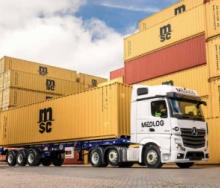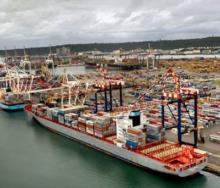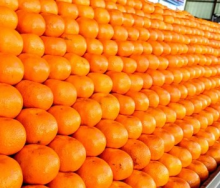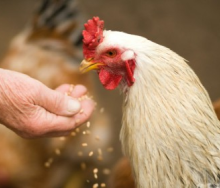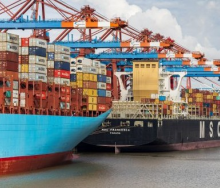Finance Minister Enoch Godongwana’s announcement of a 4% hike to the general fuel levy to rake in an additional R4 billion a year in taxes will push up the price of goods as cash-strapped transporters pass on the cost increase to consumers.
The Minister described this adjustment – the first in three years – as the sole new tax proposal for the 2025/26 fiscal year, citing inflationary pressures as the reason for the hike.
However, both the Road Freight Association (RFA) and the Automobile Association (AA) said on Thursday that the fuel levy increase would see transporters and consumers bearing the brunt of the government’s fiscal policy.
The increase adds 16 cents and 15 cents to the price of petrol and diesel respectively and comes into effect on 4 June.
“This will be directly felt by consumers, as transporters cannot absorb increases without detrimental effects on their bottom-line,” said RFA CEO, Gavin Kelly.
“This means that Treasury is ‘finding’ R4 billion towards the R75 billion shortfall from the previous iteration of the budget – however, this underscores that Treasury would rather tax citizens than cut the wasteful expenditure that has brought the country to where it is.
“Transport will become more expensive, consumers will pay more, and the old adage that government can keep increasing taxes and levies to fund its uncontrolled spending remains true. Government does not have money – it belongs to the taxpayers, and the time for accountability and responsibility has come.”
Kelly said the move was “not a good decision, neither in the medium nor long term”.
“The consumer will pay more, transport through South Africa will become more expensive, global supply chains will re-evaluate their routes and you and I will dig deeper into our pockets for goods and services and transport to work whilst the government has ‘found’ a way to fund its salary and wage increases, as well as all the other vanity programmes it constantly runs.”
While acknowledging the government’s fiscal constraints, the AA warned that the increase would have immediate and far-reaching consequences for consumers and the economy.
“This levy adjustment comes at a time when South Africans are already contending with high food prices, elevated interest rates, increased electricity tariffs and persistently high unemployment. Fuel is a critical input cost across all sectors of the economy. Any increase inevitably drives up transport and operational costs, further intensifying inflation,” the AA said.
“Lower-income households, which spend a greater share of their income on transport, will be disproportionately affected.”
With the new adjustment, the combined cost of the GFL and the Road Accident Fund (RAF) levy will exceed R6 per litre in some areas, accounting for more than 30% of the total pump price before adding the base fuel cost, distribution margins, and retail mark-ups.
“While the AA recognises the need to address fiscal pressures, continuously turning to fuel levies to fill budget gaps is unsustainable – especially in the absence of transparency on how these funds are allocated and used,” the association said.
The AA repeated its call for a transparent review of South Africa’s fuel pricing model which it said should include a forensic audit of revenue generated from the GFL and RAF levy, including its allocation and expenditure and full transparency on the fuel price-setting formula published by the Department of Mineral Resources and Energy.
“Although the latest increase may appear modest in isolation, it forms part of a broader trend where motorists and transport-reliant industries bear the brunt of fiscal policy changes. South Africa must have a broader conversation about funding infrastructure, road safety, and public transport in a way that doesn’t unduly burden citizens,” the AA said.
